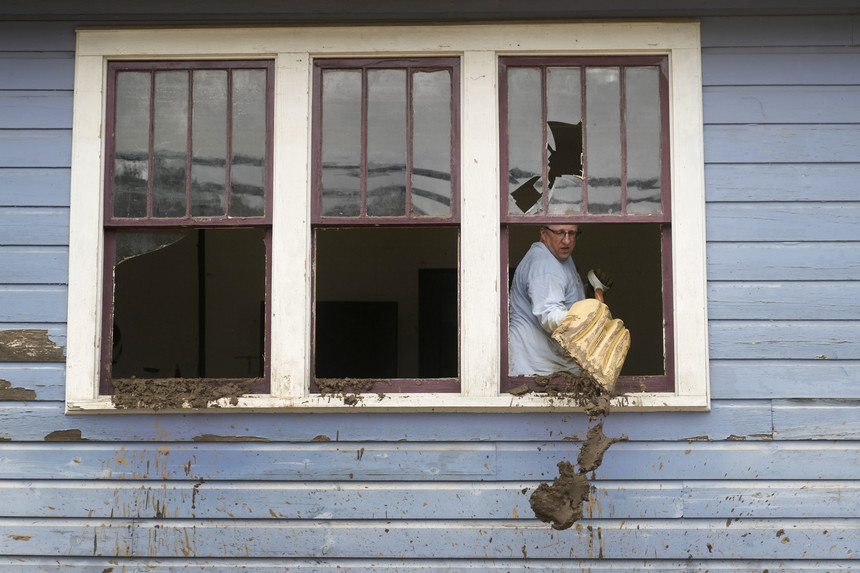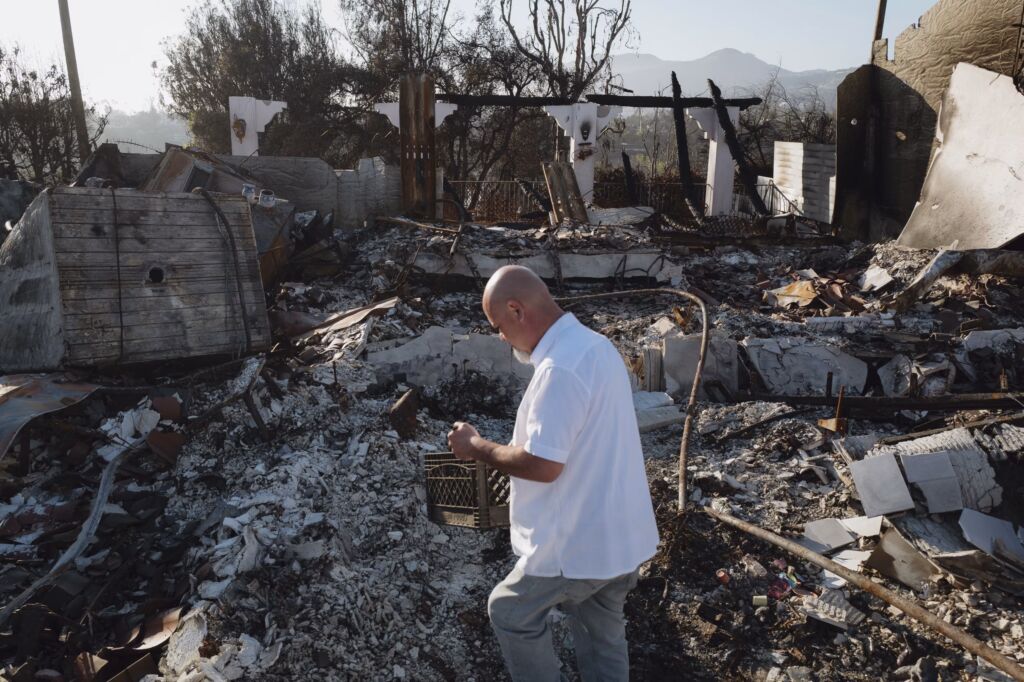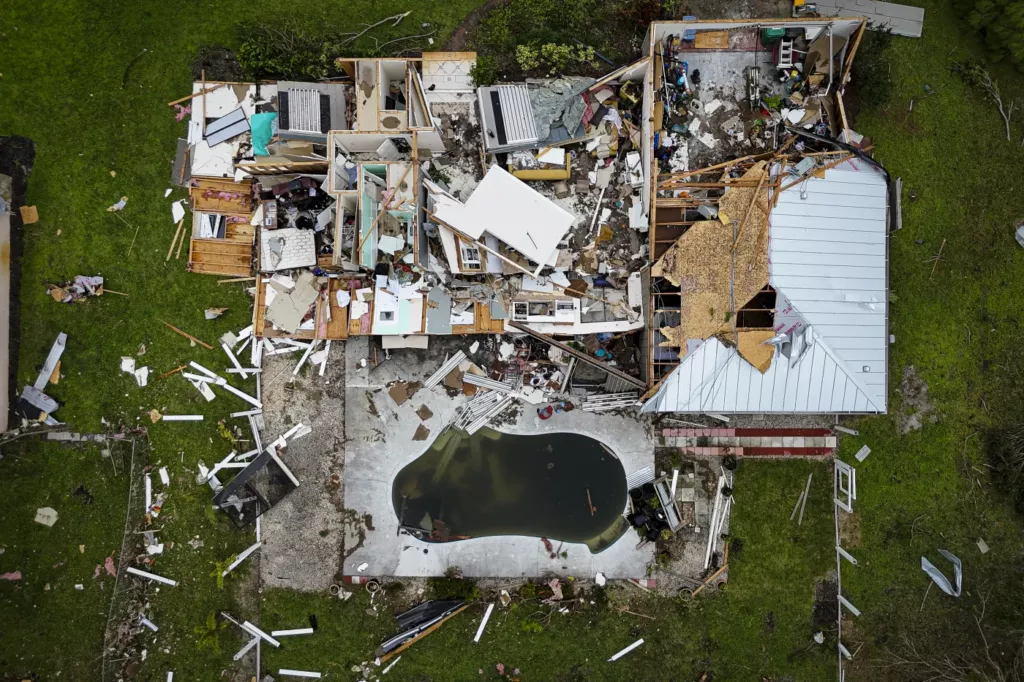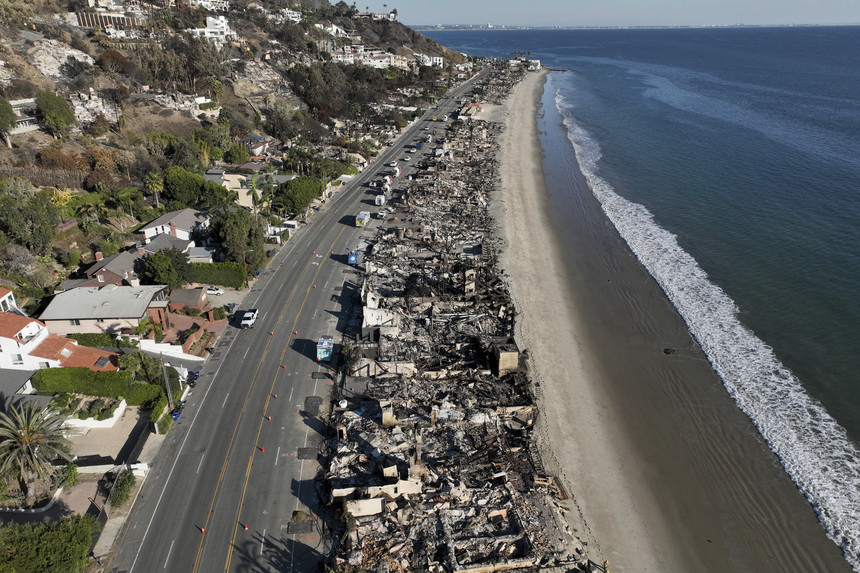Where to start?!?!??! Like everyone else, I watch what the Trump Administration is doing not so much with surprise as with astonishment. Why anyone is surprised is puzzling. He’s doing what he said he would and what’s in the Project 25 document. And since the Supreme Court said he is above the law, he has no intention to abide by any laws.
It is incomprehensible to see the world we currently live in. Nevertheless, I am going to try and keep publishing this news letter to keep you informed mostly about news that relates to climate change as it develops and generally flies under the radar. You know the topics I cover and how climate change is impacting these aspects of our society: The Weather, Insurance, Real Estate, Investments and the Financial Markets, The Auto and Transportation Industry, Public Health, The Power Industry, Geopolitical Impacts, The Travel Industry.
Of course, natural disasters are occurring more often and are bigger and having greater impact than ever in recorded history. This is causing greater and greater losses and the insurance industry is on the leading edge of this and are therefore the tip of the spear in instigating changes. I’m going to cover that today and stay on this one topic since there’s a great number of articles describing how natural disasters and the related insurance losses are forcing changes in behaviors.
Before I present the first article today let me remind you that Trump is dismantling FEMA. He says he plans to send the funds directly to the States to deal with disasters. But actually, one of FEMA’s principal purposes is to coordinate disaster relief and marshal resources from various sources. Think about the California wildfires and how many firefighters from all over the US came to help. Or after Katrina, how help came from all over the US and response had to be coordinated amongst many states including moving people to Houston to be housed in the Super Dome there. How does all this occur, and fast, without Federal coordination???
From E&E News
‘FEMA Will Go Away,’ Trump Says on Trip to Disaster Area
1/24/2025
The agency, established in 1979 by President Jimmy Carter, provides tens of billions of dollars a year to help states and local residents recover from major disasters. FEMA leads federal disaster response, coordinates on-the-ground activities and can direct federal agencies including the military to help through activities such as airlifts.

From E&E News
FEMA Insurance Program Runs Out of Money
The Treasury Department loaned the flood program $2 billion to pay claims, likely raising costs for policyholders.
02/11/2025
The federal program that provides most of the nation’s flood insurance has run out of money to pay claims, forcing it to borrow $2 billion from taxpayers.
The Federal Emergency Management Agency, which runs the program, said Monday that claims worth billions of dollars due to catastrophic hurricanes in 2024 “have depleted” the program’s reserves.

From the Wall Street Journal
https://www.wsj.com/real-estate/wildfires-california-insurers-palisades-rebuilding-5ad4cae3
L.A. Has Big Plans to Rebuild After the Fires. Good Luck Getting Insurance.
Displaced residents seek a speedy return to city’s Pacific Palisades, but California’s largest insurer says, ‘Writing new policies doesn’t make any sense at this time’
March 11,2025

From the Wall Street Journal
The World Is Getting Riskier. Americans Don’t Want to Pay for It.
California is a microcosm of what happens when insurance breaks down: Either households face potential ruin, or the public is handed a financial time bomb.
January 19, 2025

From E&E News
$4T Municipal Bond Market Wakes Up to Climate Risk. (With help from Trump.)
The bonds are considered a safe investment. The Los Angeles wildfires sparked concern that climate change is making them risky.
February 25, 2025
S&P Global Ratings downgraded the credit rating of the Los Angeles water and power utility, citing “the increasing frequency and severity” of wildfires and signaling a potential awakening of the nation’s $4 trillion dollar municipal bond market to climate risk.
some experts called S&P’s move a watershed for a market they say has perilously ignored climate change and the risk of a disaster wiping out a city’s property tax base and forcing a bond default.
“I think we’re seeing the beginning of a crack,” said Alice Hill, who was National Security Council senior director for resilience policy in the Obama administration. “We know that with climate change, there’ll be bigger and worse disasters that will affect communities’ abilities to repay those bonds.”




